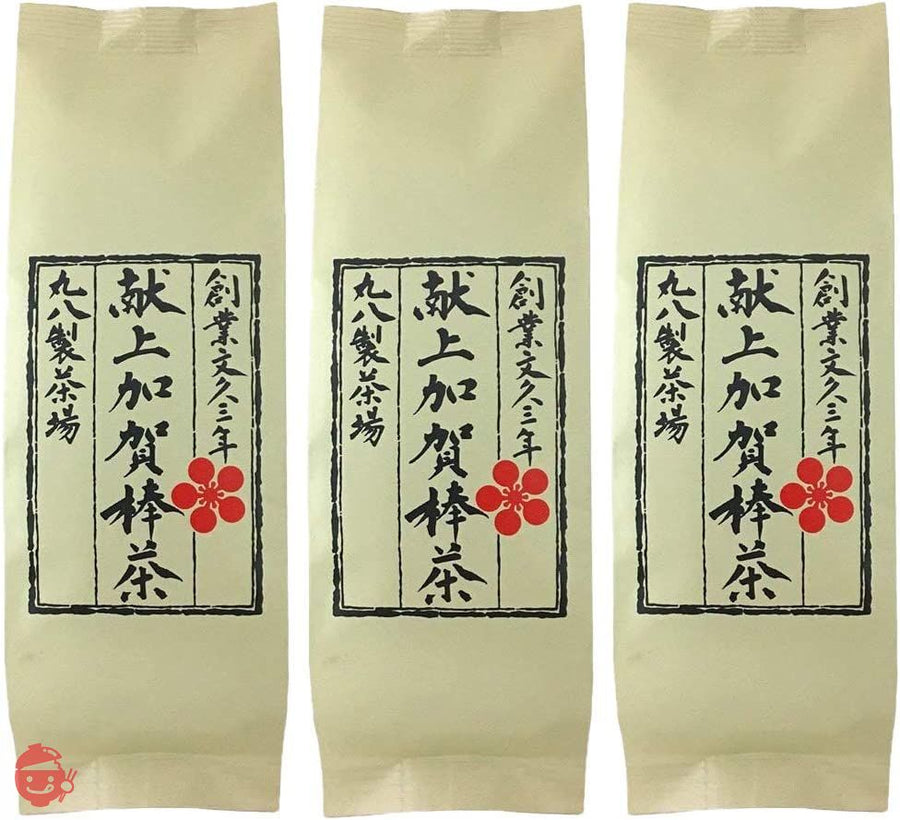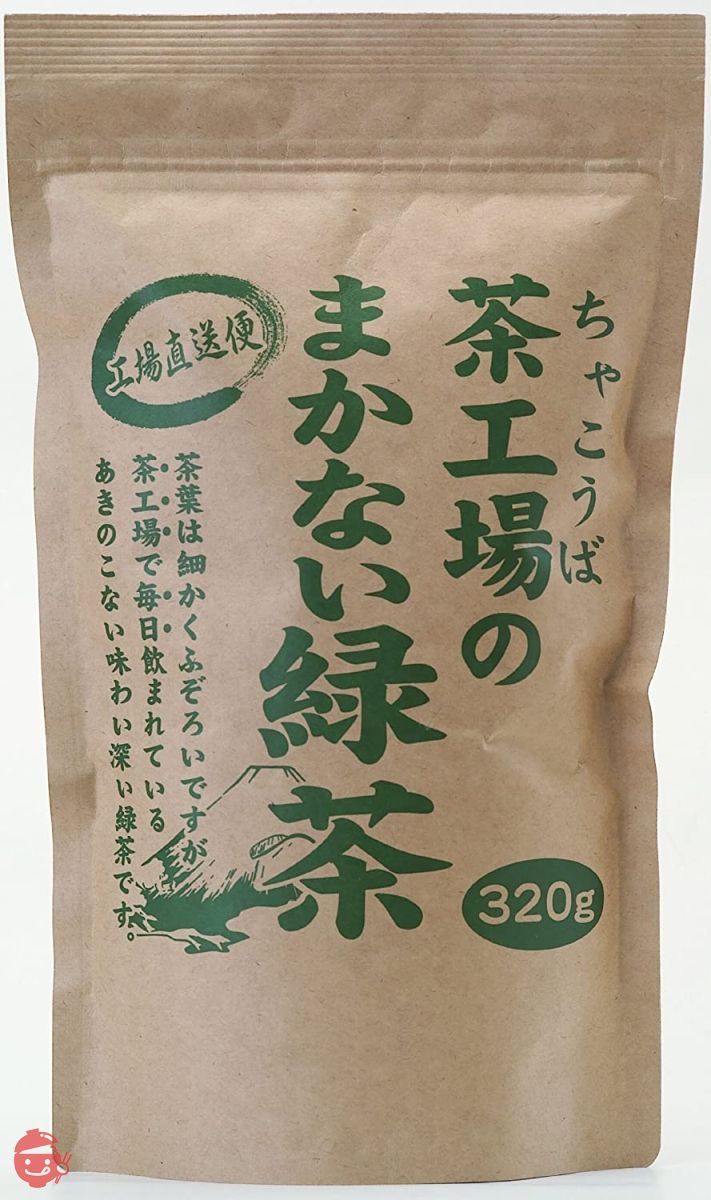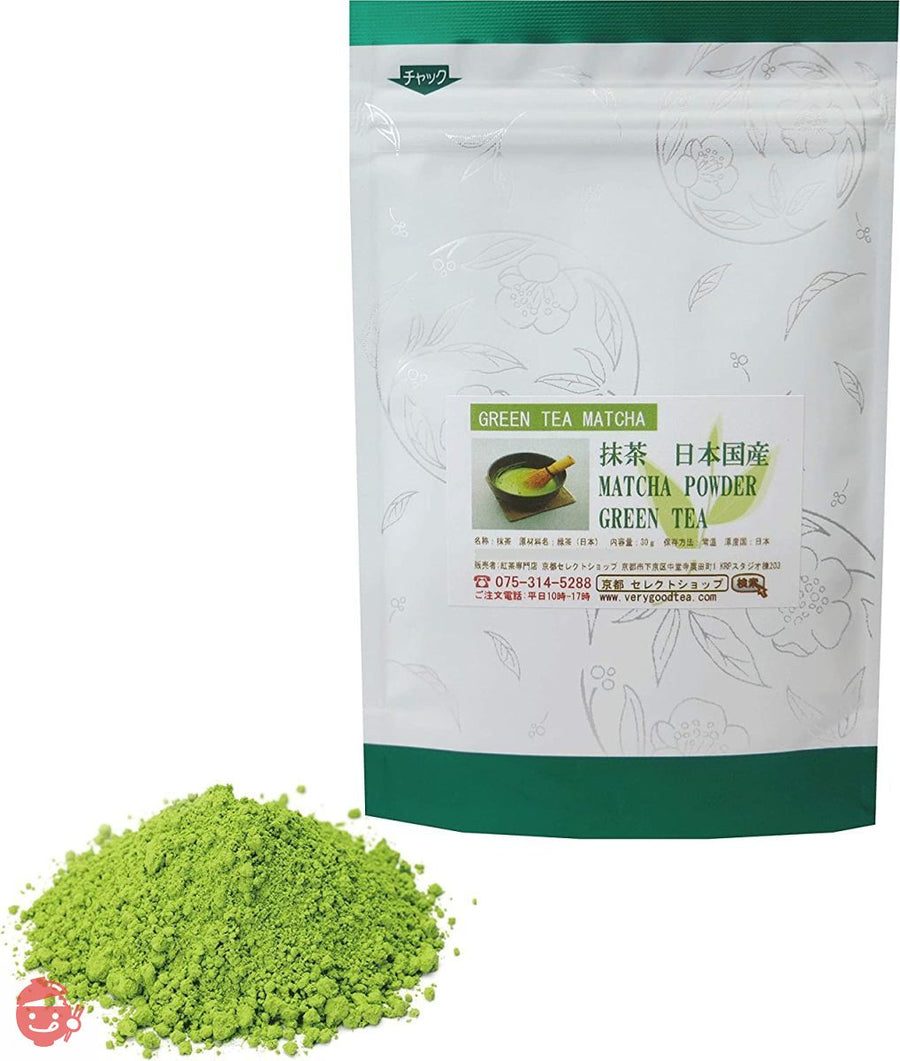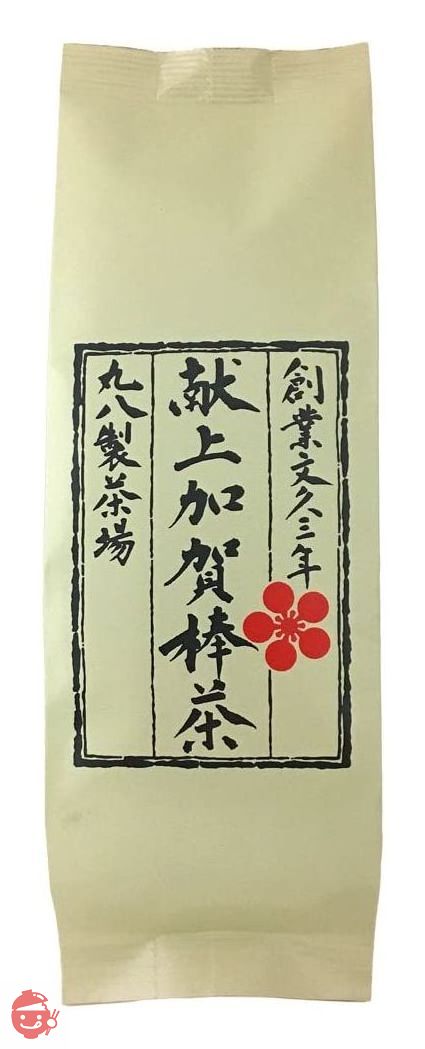| Flavor name: | Hojicha 100g x 2 bags |
| brand | Arahataen |
| product shape | powder |
| flavor | Hojicha 100g x 2 bags |
| Tea leaf species | roasted green tea |
| number of units | 200.0 grams |
| number of products | 2 |
| Package information | bag |
| Product weight | 100 grams |
| Product Dimensions (L x W x H) | 23x22x2cm |
Contents: 100g x 2 bags (with 0.25cc spoon)
Ingredients: Green tea (produced in Shizuoka)
It can also be used for homemade hoji sweets and cooking.
Dissolve well in hot or cold water and drink.
Raw materials/ingredients
Green tea (produced in Shizuoka)
how to use
Dissolve 1 scoop of the attached spoon in about 300ml of hot water and enjoy. Adjust the thickness by adjusting the amount of powder and the amount of hot water.
Caution (Disclaimer) > Please read
We strive to provide accurate product information, but on rare occasions manufacturers change ingredients without prior notice. Therefore, the actual product may differ from the description on the website, so please be sure to check the product label and precautions before use. In addition, the place of origin of fresh foods such as vegetables and fruits may change depending on the season and production conditions. The image is an image. Please note that the actual product and packaging may differ. Consume fresh foods such as vegetables, fruits, meat, and fish as soon as possible after purchase.
Note : The product information on this site is for your reference in selecting products and is not intended to replace the opinions of doctors, pharmacists and other qualified professionals. Before use, be sure to check the product label and precautions that you receive. This product information cannot be used for self-diagnosis to cure illness. If you have allergies or are pregnant, please consult your doctor before purchasing.
| brand | Arahataen |
|---|---|
| product size | 23 x 22 x 2cm; 100g |
| Product type | powder |
| Container type | bag |
| Maker | Arahataen |
| Product weight | 100 grams |
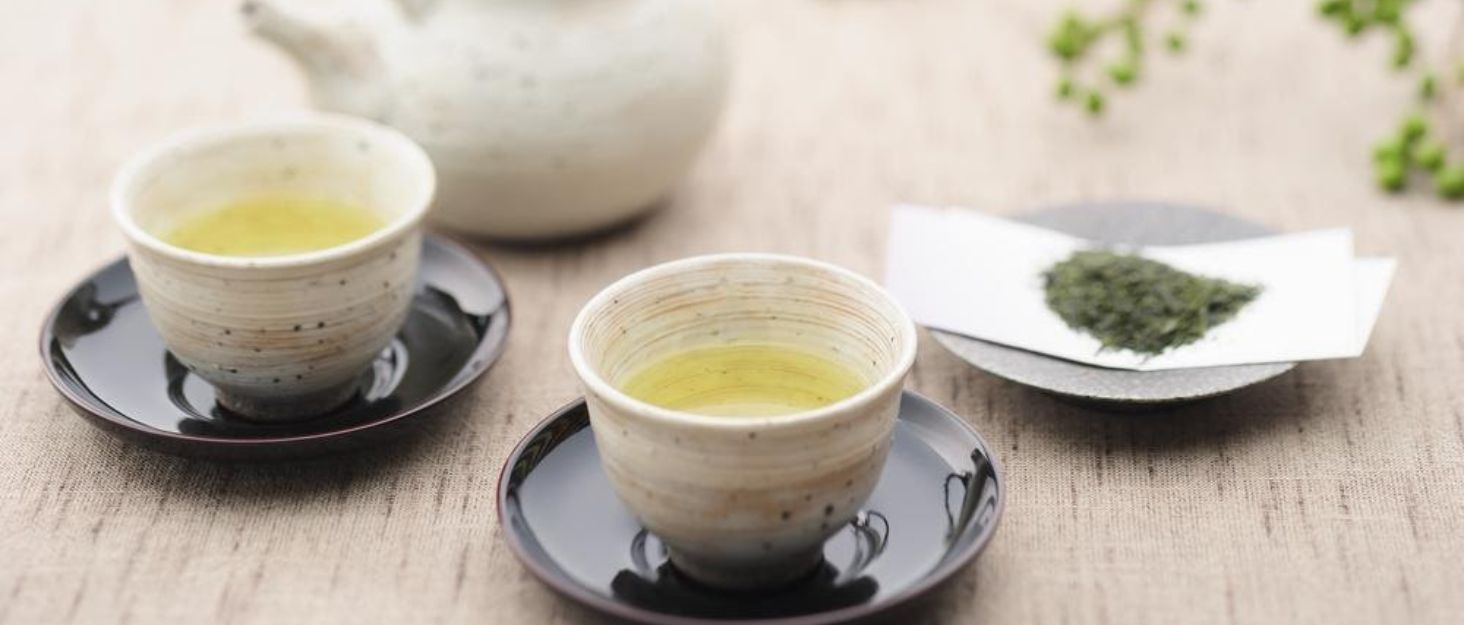
Arahataen in Makinohara, the "City of Tea"
Feelings of tea conveyed in one cup
Arahataen tea garden in Makinohara City, Shizuoka Prefecture. Based on the motto "Tea making starts with soil", we are working hard to make tea with a consistent system of safety and security from production to sales.

Arahataen in Makinohara, the "City of Tea"
Feelings of tea conveyed in one cup
Arahataen tea garden in Makinohara City, Shizuoka Prefecture. Based on the motto "Tea making starts with soil", we are working hard to make tea with a consistent system of safety and security from production to sales.
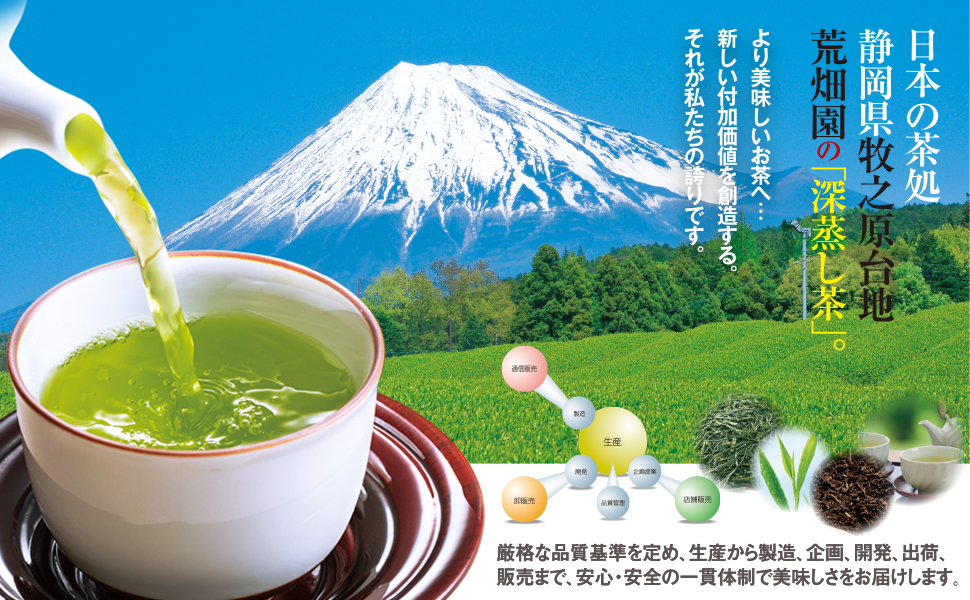
Makinohara plateau, a teahouse nurtured by history
The Makinohara Plateau is located in the middle of Shizuoka Prefecture, overlooking Mt. We, Arahataen, are working hard to make tea here.
In the past, the land of Makinohara plateau was a very desolate thicket of trees. It was the former Tokugawa vassals who lost their jobs after the end of the Edo Shogunate and the Kawagoe workers who lost their jobs due to the abolition of the Kawagoe system that cleared the land and started tea cultivation. It is still said that the cultivation work was very difficult. Thanks to the noble efforts of our predecessors, the present-day Makinohara Plateau has tea plantations that stretch as far as the eye can see, and is widely known as a teahouse. The Makinohara Plateau is a plateau with long hours of sunshine, temperature differences between day and night, and mist in the morning and evening, making it an ideal location for making tea. Under these favorable conditions, new shoots are grown in fields that have been meticulously tended, and a skilled tea master uses all five senses to knead the tea, creating deep steamed tea called "Daichi no Uta."
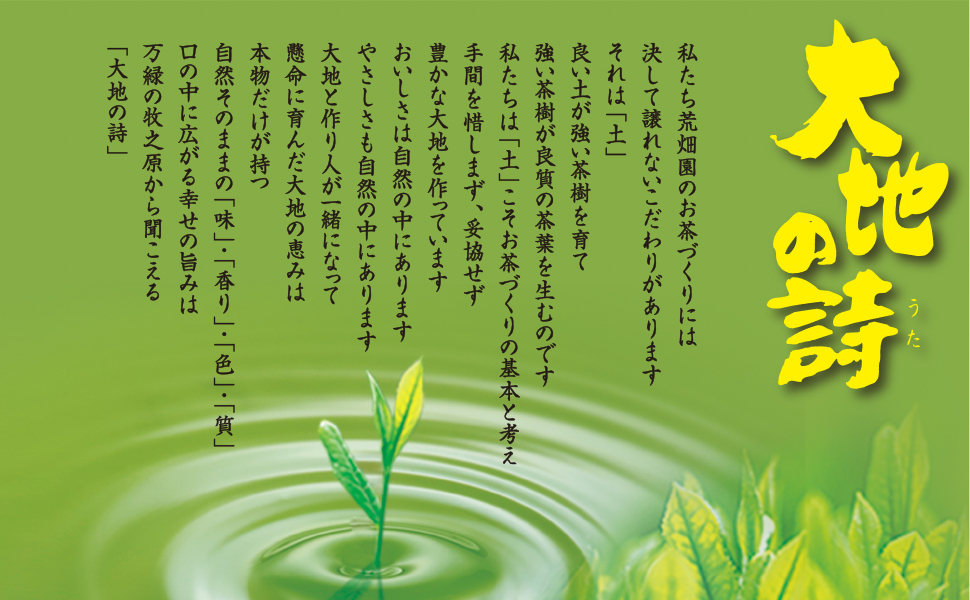
poetry of the earth
Arahataen's tea is a product born from the accumulation of tradition and originality, knowledge and skill. Enjoy Makinohara's deep-steamed green tea carefully selected by a tea master.
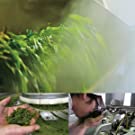
Fukamushi manufacturing method that makes use of high-quality tea leaves
At the tea factory, skilled tea masters pay close attention to each step, from the steaming time and rolling process to drying. Shincha tea is especially delicate, so even a slight difference in the degree of steaming can make a big difference in the finished product. The skill of the tea master is to show off the condition of the fresh leaves of the day, the temperature, and the temperature. Arahataen's tea is "Fukamushi-cha", which is made by steaming the tea leaves three to four times longer than regular sencha. The Makinohara plateau has long hours of sunshine, so the tea leaves are thick and nutritious. By steaming the tea leaves for a long time, the tissue is decomposed, the tannin (bitterness) content is reduced, and the amino acid theanine (sweetness) is increased, resulting in a mellow tea. Although the tea leaves become finer, it is characterized by a beautiful deep green, mellow sweetness and deep richness. In order to preserve the flavor, aroma, and freshness of the rough tea, it is vacuum-packed and stored in a temperature-controlled large refrigerator.
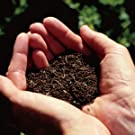
Commitment to soil
At Arahataen, we believe that "only the thick, dark green tea leaves picked from powerful tea plants can make delicious tea", and we are working on the cultivation of tea from the preparation of the soil. Fertilizer is a homemade fertilizer with natural organic matter (fish meal, rapeseed meal, rice bran, etc.) added. In addition, Arahataen creates the ideal soil by spraying liquid fertilizer with waste sugar solution of sugar cane, and trace elements such as iron, manganese, boron, and copper that are essential for plant growth. The more microorganisms there are in the soil, the faster the fertilizer will be decomposed and the more wasteful it will be absorbed by the roots.
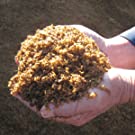
Nature reduction farming rice husk compost
Every autumn, rice husks, rice bran, rapeseed meal, etc. are fermented together with soil-effective microbial bacteria (VS34) to make rice husk compost. By fermenting for two months, plenty of amino acids, which are umami ingredients, are generated. This rice husk compost is spread evenly over a large field. It is a natural reduction farming method that grows microorganisms in the soil, enriches the soil, and strengthens the soil.
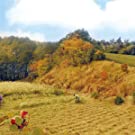
Globally Important Agricultural Heritage System Shizuoka's Chagusaba farming method
Traditional farming method "Chagusaba farming method".
Chagusaba is a semi-natural grassland where grasses such as bamboo grass and Japanese pampas grass that are put into the tea garden as organic matter are harvested. This is a common sight in Shizuoka prefecture. The farming method of spreading the grass cut from the chagusaba on the tea garden produces higher quality tea. Arahataen was certified as the first practitioner by Makinohara City, Shizuoka Prefecture (certification number: 13-Maki01-008 on September 27, 2013).
*Shizuoka's Chagusaba farming method was certified as a Globally Important Agricultural Heritage System by the Food and Agriculture Organization of the United Nations (FAO) on May 30, 2013.
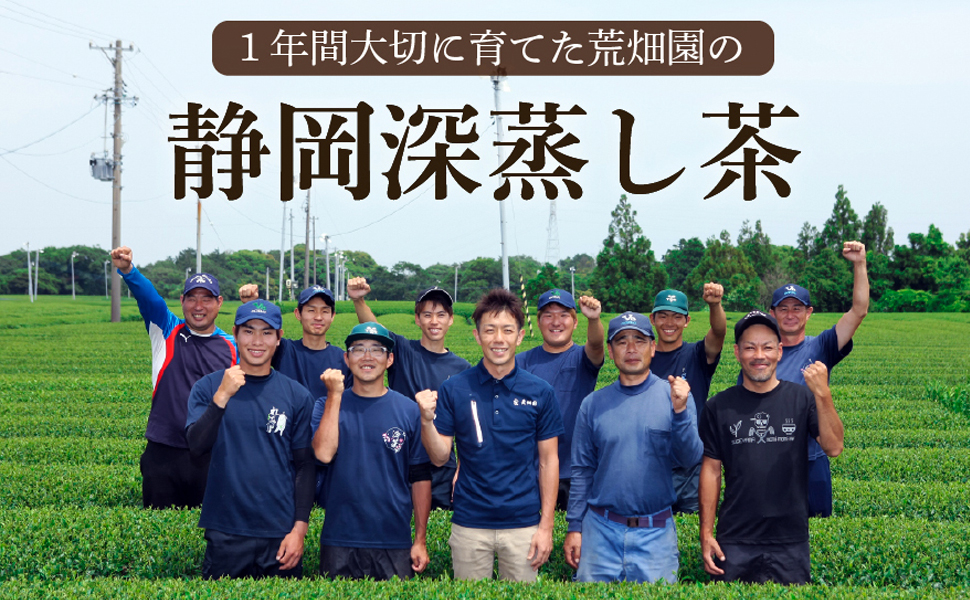
●After placing your order, it will normally be delivered within 7 to 14 days. Delivery may take some time due to delivery conditions such as busy times or bad weather. Please note.
●All products we send will be shipped as "personal imports", so the importer will be the purchaser.
●It is possible to deliver to business addresses such as workplaces and commercial facilities, but since this is a personal import, we can only ship to those who can provide the importer's (purchaser's) address, phone number, and name. .
●In rare cases, a product may not be able to be shipped due to customs regulations. Please note that this is out of our control, so we will contact you in that case.
●After placing your order, there is a possibility that the item may be out of stock due to time differences. We will contact you in that case.
●If delivery is not possible due to incorrect delivery address, long-term absence, etc., we will not be able to refund the product price.
●All products are written in Japanese only.
















